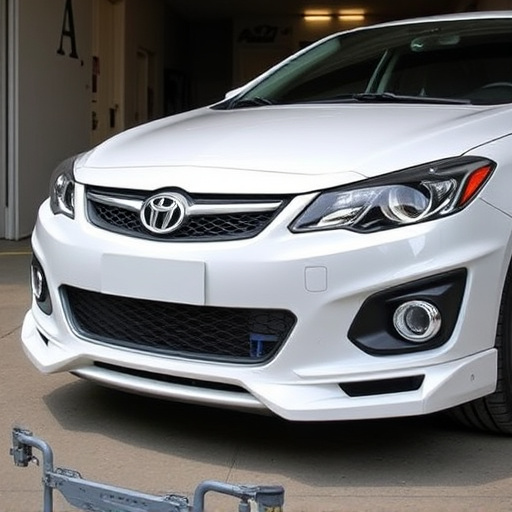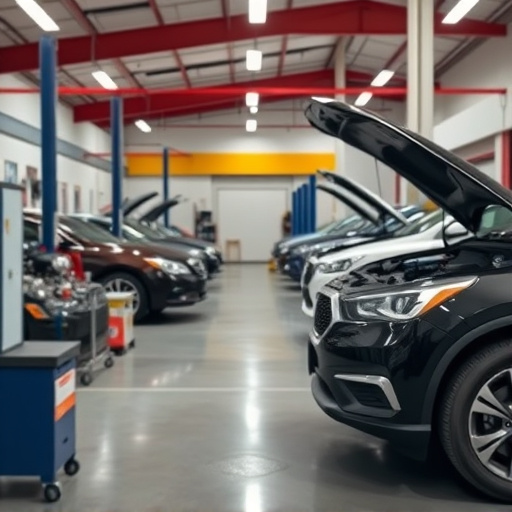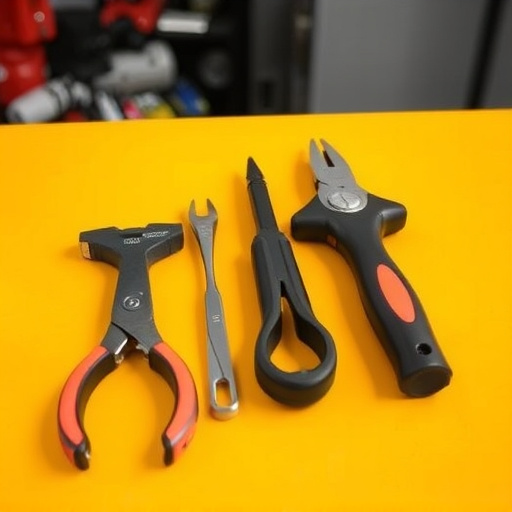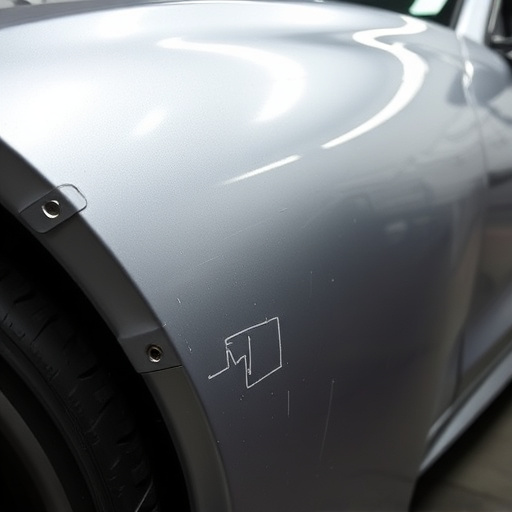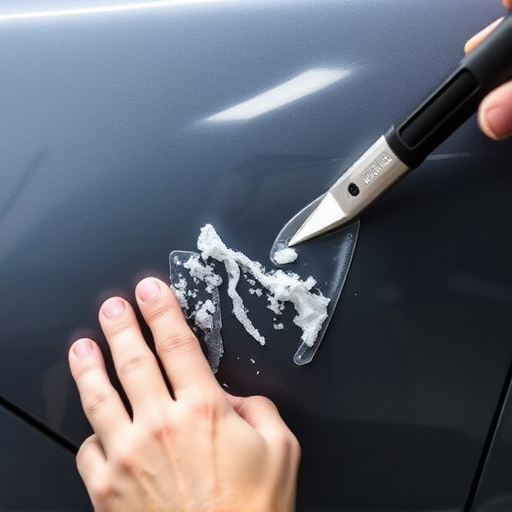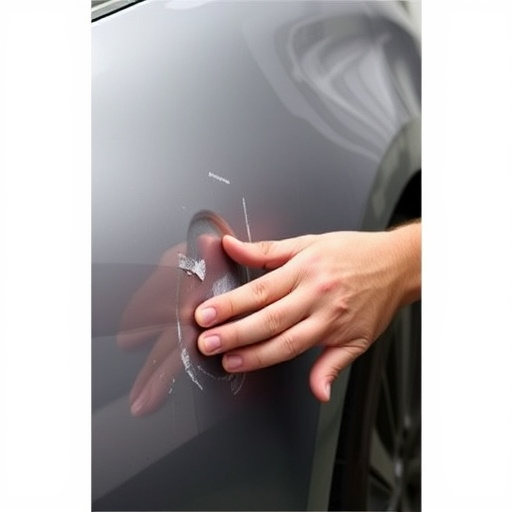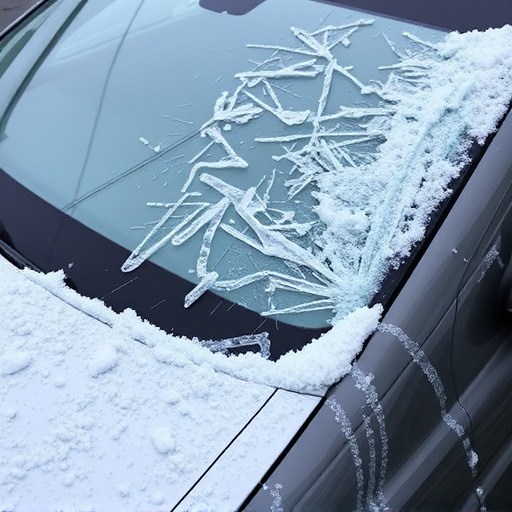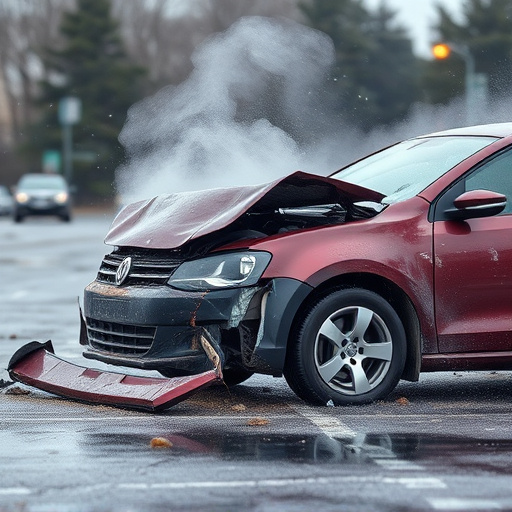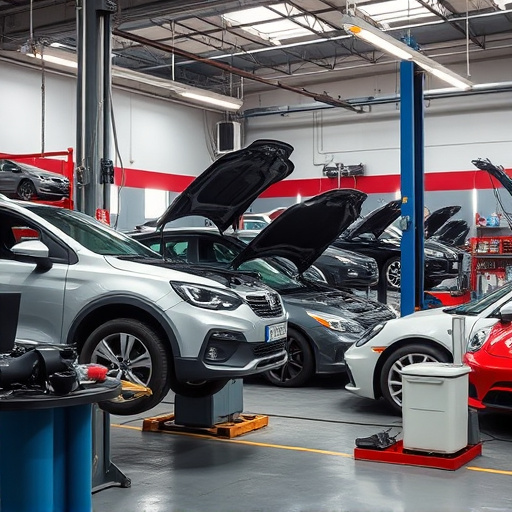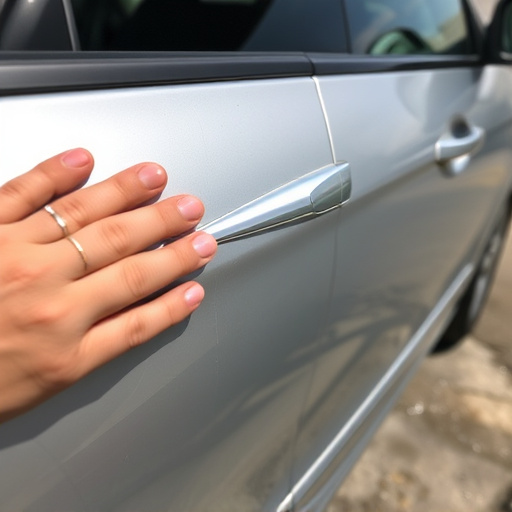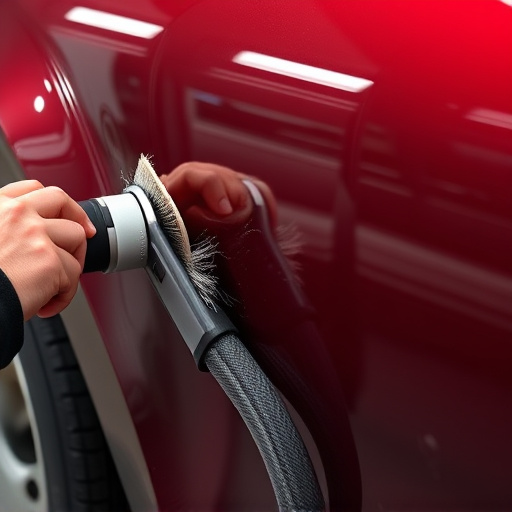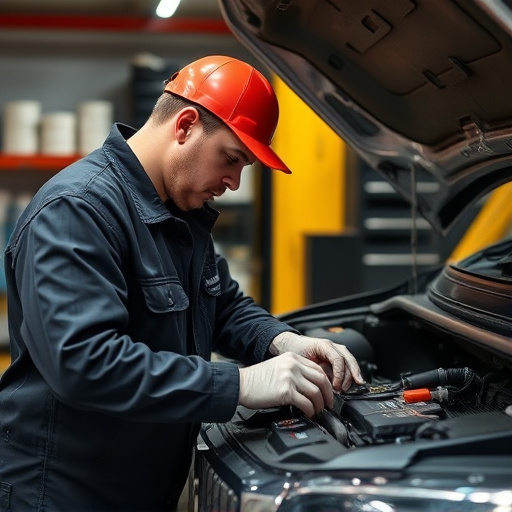Repair Quality Verification (RQV) is vital for maintaining and boosting vehicle resale value by ensuring high-quality repairs. Comprehensive RQV strategies, including advanced diagnostics, mechanic training, detailed records, and customer feedback, preserve a car's market demand and desirability. Reputable shops using these practices can significantly impact a classic car's resale price.
In the dynamic real estate market, understanding the intricate link between repair quality verification and resale value is paramount for both homeowners and investors. This article delves into the profound impact of meticulous repair quality verification on boosting resale values, a key metric of property excellence. By exploring effective strategies to enhance these aspects, readers will gain valuable insights into maximizing property potential in today’s competitive market, ensuring superior returns on investment.
- Understanding Repair Quality Verification's Impact
- Resale Value: The Ultimate Indicator of Quality
- Strategies to Enhance Both for Optimal Results
Understanding Repair Quality Verification's Impact

Understanding Repair Quality Verification’s Impact
Repair quality verification (RQV) plays a pivotal role in ensuring that vehicle repairs meet or exceed industry standards. This meticulous process involves rigorous inspections and assessments to verify the accuracy, efficiency, and durability of each repair, whether it’s a simple dent repair or more complex auto painting jobs. By implementing robust RQV protocols, automotive facilities can maintain consistent service quality, fostering customer confidence in their vehicles’ post-repair condition.
Moreover, the impact of high-quality repairs extends beyond individual vehicle owners. In the broader market, vehicles with documented, superior repair histories command higher resale values. This is particularly evident in the auto industry, where potential buyers often seek evidence of thorough and competent vehicle maintenance to justify premium purchase prices. Thus, investing in comprehensive RQV practices not only guarantees customer satisfaction but also significantly influences a vehicle’s long-term market value.
Resale Value: The Ultimate Indicator of Quality
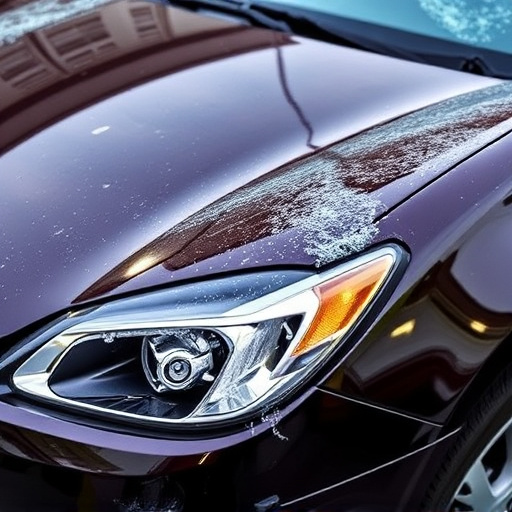
When it comes to assessing the true value of a vehicle, the resale value is often considered the ultimate indicator of quality. It reflects the demand for a particular make and model in the secondary market, factoring in not just the car’s physical condition but also its perceived reliability and desirability among potential buyers. In today’s digital era, where information is readily available, past maintenance records, including repair quality verification, play a pivotal role in shaping resale value.
A well-maintained vehicle, with documented repairs that demonstrate proper care and attention, commands a higher resale price. This is because it signals to prospective owners that the car has been treated with respect and that any issues have been addressed promptly. Conversely, a history of subpar auto maintenance or extensive automotive body work can negatively impact resale value, as it may raise concerns about the car’s overall quality and longevity. Therefore, repair quality verification is not just a process but a crucial aspect in preserving and enhancing the resale value of vehicles, especially when done by reputable auto body shops.
Strategies to Enhance Both for Optimal Results
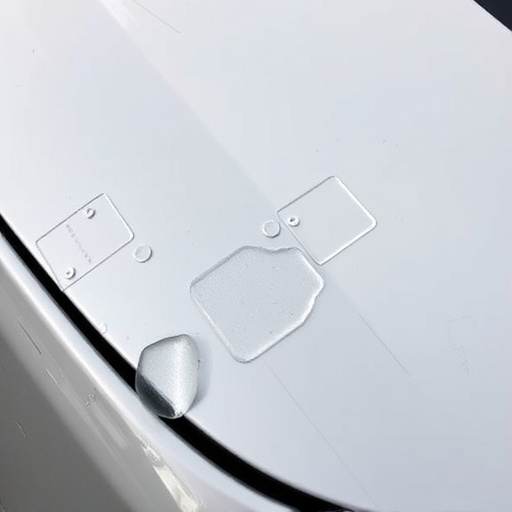
To achieve optimal results in both repair quality verification and resale value, especially for classic car restoration projects, a multifaceted approach is essential. One key strategy involves employing advanced diagnostic tools to accurately assess vehicle bodywork prior to and after repairs. This ensures that every detail, from panel fit to paint consistency, meets high standards. Additionally, regular training for mechanics on the latest repair techniques and materials can significantly enhance the quality of work.
Furthermore, maintaining detailed records of all repair processes, including before-and-after photographs, specifications, and part replacements, allows for comprehensive verification. This documentation not only facilitates future reference but also builds trust with potential buyers. Integrating feedback loops where satisfied customers can share their experiences further refines the repair quality process. For instance, vehicle repair services that actively solicit post-restoration reviews can identify areas of improvement, ensuring they consistently deliver top-tier results, thereby maximizing resale value for classic car enthusiasts.
Repair quality verification is a pivotal strategy in maximizing resale value. By meticulously assessing and ensuring repair work meets high standards, homeowners can significantly impact their property’s long-term marketability. This process acts as a quality stamp of approval, instilling confidence in potential buyers. Thus, integrating robust verification methods into the home repair ecosystem becomes not just a best practice but an investment strategy that pays dividends for all stakeholders involved.
